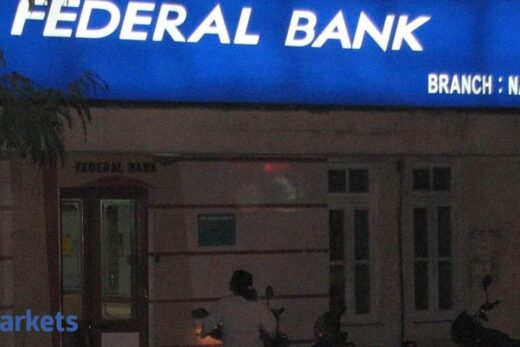What is your take on India market valuations? Almost every global brokerage of repute is calling it expensive. How are you coping?
We are all trying to cope with the valuations that we see. I agree that valuations are expensive compared to historical standards but it is a slightly different way of looking. I am not trying to justify that going forward, certain sectors within the Nifty will continue to do well. Obviously, new listings come and valuations change over time. For example, in the last bull market, the market was on a very low PE but the index was sort of more money factoring. Now we have a lot more growth companies in the index.
So we have to live with the fact that valuations will be higher going forward but there will be some difference. We usually tend to go to the private banks, but within the financials, there is a whole new theme playing through insurance and asset management instead of just institutional banks. While we are going to make more money going forward, the markets themselves will be moving gradually. Of course, we will continue to be hostage to global factors as well.
You run the country’s largest long short fund. What is your long percentage right now versus short in this market?
We actually have a hedge of around 65% but that would be sectors which we believe may underperform. There are many sectors which are under pressure for different reasons. In the past month, it had been oil and gas stocks; there is banking which is still struggling. So those are the kind of things one can do within the long short fund.
How are you reading tea leaves as far as the overseas cues are concerned and their impact on emerging markets, particularly India?
There are so many problems out there. The US has its own problems with inflation; it looks like the infrastructure bill is going to take a lot longer and there is debate around what the Fed chairman said on taper and interest rates in February. In the UK and Europe, the amount of money that people have to spend on energy costs would take away some of that spending that was expected as the economies reopen. And then of course China has its own problems.
India can’t fight oil prices at $80 with forecasts of it going up to $100. We cannot fight this, inflation is going to be a factor for India. So we will all be listening to the RBI to see if the words are a bit more dovish. But one thing for sure is that with China slowing very quickly, the global economy is going to fall short of growth expectations and that has to have an impact on corporate earnings.
I will be interested to see the corporate earnings season not just in India but globally and to hear the commentary. We have to see how the problems of shortages are hurting their margins and if they are able to pass it on or if they are taking a margin hit.
That could bring a lot more volatility to the market. Our market has been ignoring the red flags. The sheer weight of money, the sheer weight of retail investors coming not just through SIPs but directly and into new fund offerings has been huge. They have put the money to work as they don’t want to sit on cash.
How are you reading the early signs for the second quarter numbers? A clutch of consumer companies and lenders have put out strong second quarter updates. Does it tell anything about the quality of the earning which lie ahead?
I do not think it does. Some of these companies are top of the league within their own sectors and are bound to do well. The commentary about how they see the manufacturing sectors, how they see those input prices or shortages impact their ability to pass it on and if they cannot pass it on, what is going to happen to margins, is the key I will be looking for.
But certain sectors will do well if the government starts spending on infrastructure and housing and real estate market starts to pick up as well. Then all the material stocks are going to enjoy continued higher revenue growth but the matter is they input prices cannot really be passed on. If they do, that is great news but it cannot be good for inflation. So, at some point, the RBI will have to tighten. I do not think it is this year. It is probably next year but the markets are probably not prepared for that right at this moment.



